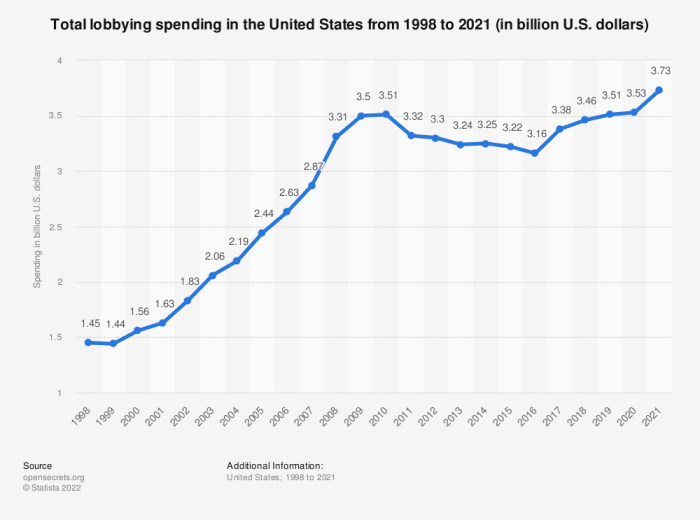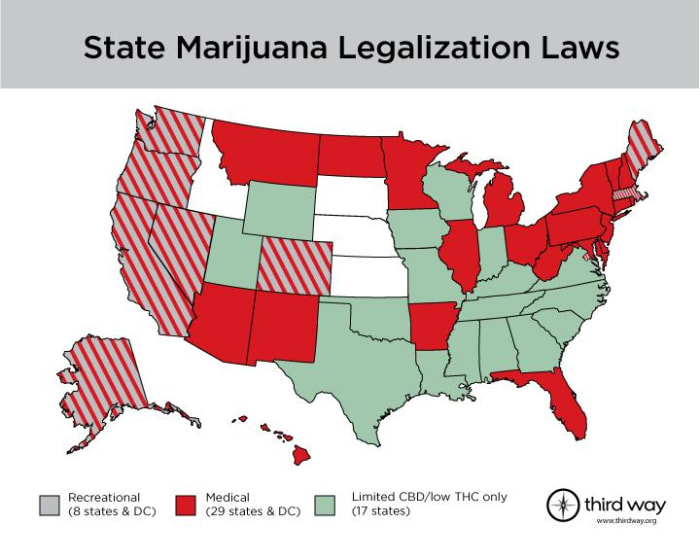Approaching Bitcoin Politics in a State and Local Way – Bitcoin Magazine
This is an opinion editorial by Dennis Porter, CEO of Satoshi Action Fund and political strategist focused on defending Bitcoin infrastructure and industry in the United States through public policy, activism and advocacy.
The unlimited money printer and where the unlimited money is spent is the ultimate power of our time. The broad power of the federal government — including the unlimited money in Washington — attracts many interest groups to our nation’s capital, but that’s also exactly why Bitcoiners should choose a different strategy. Historically, many political movements have taken place at the state and local level, but currently Bitcoiners are leaning heavily into influencing politics at the federal level. I will admit that I have fallen for the brilliance of the federal government in the past. For Bitcoin to succeed in the US, I think we need to focus more of our efforts on local politics. Not only is this a better political strategy, it’s also in keeping with the ethos of Bitcoin’s grassroots, bottom-up design. It doesn’t get more bottom-up than meeting with your local and state representatives to influence public policy. The remainder of this piece will be used to explain the value of this approach. By the time you’re done reading, I hope you’ll be convinced to take action to positively impact your local community.
It has been almost a year since the infrastructure law was passed, and since then we as an industry have been extremely focused on Washington. With good reason; infrastructure bill forced us to pay attention as the most powerful government in the world began targeting the Bitcoin industry. Soon after, we collectively watched many Bitcoiners become politically active, with even some of the most anti-government Bitcoin influencers launching their own political organizations and efforts to combat government overreach.
I began working overtime to build relationships with members of Congress. In a single year, I befriended more senators and members of Congress than I did in the first 30 years of my adult life, despite my background in politics. Since the infrastructure bill was announced, many relationships were created, but not much has happened to advance Bitcoin policy. Incremental gains have occurred, but they have been overwhelmed with moves in the wrong direction.
The positive results have been extremely mild compared to the efforts in Washington, and there is a reason for that. As I mentioned above, there are simply too many interest groups in the district. Bitcoin may be popular in the news and on Twitter, but our ability to lobby properly pales in comparison to the military industrial complex or the medical industry, for example. We are simply not big enough. For reference, the entire cryptocurrency universe (including Coinbase) spent nearly $9 million in 2021 on political lobbying, while the healthcare sector spent over $625 million in the same year. In total, over $3.7 billion was spent across all major industries. At $9 million, this puts the entire cryptocurrency space at 0.2% of all lobbying spending; we are a rounding error. I don’t say this to disappoint, but we need a reality check. I woke up to the realization that we are simply not big enough to be truly effective at the federal level despite how much attention we get in the news or on Twitter.
That said, the effort should not stop and I encourage those who have successfully built relationships in Washington DC to continue to fight for Bitcoin. Don’t lose hope. There is a cavalry that comes to help bolster your efforts, and that cavalry is state and local politics. We are fortunate to live in a republic where the states have sovereign power; this gives American Bitcoiners a unique ability to allow grassroots efforts to rise from the ground up, regardless of what happens at the federal level. Much has been done to weaken the state’s ability to have an impact on the political process over the decades, but I believe there will be a resurgence of activity at the state level and Bitcoiners have an opportunity to front this move.
As many of you know, this country is steeped in successful movements that have and are taking place at the state and local levels. The simplest example of a state-level movement is marijuana. In 2012, two states (Washington and Colorado) became the first to legalize marijuana. Just 10 years later, there are now 39 states that have fully legalized medical and/or recreational marijuana within their borders, with five of the 11 remaining states voting on legalization in 2022.
This example is crucial for Bitcoiners to remember. It is possible that within nearly a decade nearly 90% of the US will have pro-marijuana legislation at the state level; an incredible feat for any major political cause to achieve, especially considering that possession of marijuana remains a federal crime. This shows the power of the bottom-up approach that is only possible because of the design of the governance structure in the US
This is the same approach I believe Bitcoiners must take in order for us to succeed in our political efforts. Another reason why local government is an attractive approach is that there is much less attention paid to local politics. Many elected officials work part-time and some are volunteers, which means they don’t have much help either. Often, local officials care deeply about their state and truly want to make a difference. The desire of a local official to make a difference, combined with a Bitcoiner’s enthusiasm to help, is a good mix. Many state houses also have less attention from those who want to slow down Bitcoin.
Fewer enemies means fewer roadblocks, which means we can move much faster.
Many states are also much more willing to experiment with new policies, and once a state adopts a piece of policy, it sets off a game-theoretic chain reaction where other states can begin to adopt the same or similar policies. Many states simply copy/paste policies from others in an attempt to avoid being outcompeted, but that is also just easier than coming up with new concepts.
As New York State Senator James Sanders said, “We shouldn’t spend all our time making the wheel, I’d rather perfect it.” In the case of marijuana legislation, legalization did not mean lost tax dollars and jobs. In the case of bitcoin mining, that means missing out on potential jobs, innovation and investment and not being able to improve the network infrastructure. When a state moves in the right direction, legislators from other states will see the results and begin looking for ways to improve them in their own state. Fortunately, we already have one state to look to for a roadmap to Bitcoin policy success: Texas.
I believe that the next five years will be filled with dramatic moves at the state level. We should care about these efforts at the state level for three reasons, and we should take the opportunity to move forward with them as quickly as possible while being conscious of an effort to form effective and long-lasting policy.
- We have the opportunity to promote Bitcoin and bitcoin mining through states that are ready and willing to move in the right direction. We can do it quickly and efficiently.
- If we do nothing, more states will be drawn to follow New York. It will hurt our efforts to become active later than before.
- If we can get a large number of states to adopt pro-Bitcoin (copy/paste) policies, especially mining policies, we can blunt or stop efforts at the federal level to prevent Bitcoin adoption in the US and North America.
Call to action
I have told many of you to become much more active in politics, and many of you have taken action. I see you. I ask you once again to be more active, but this time: think local. Find your local state representative and ask them how you can help. Build relationships and tell them about the opportunity for them to adopt bitcoin mining as a way to strengthen your local economy. If you need help educating them, get in touch Satoshi Action Fund or send me an email. Satoshi Action is a non-profit organization dedicated to educating policy makers and regulators about the benefits of Bitcoin and bitcoin mining.
In conclusion, I believe the next decade will be crucial for bitcoin adoption, and the most effective way to improve this adoption from a nation-state perspective is to start at the local level. Remember that there was Bitcoin Beach (local level) long before there was bitcoin as legal tender in El Salvador (national level).
This is a guest post by Dennis Porter. Opinions expressed are entirely their own and do not necessarily reflect the opinions of BTC Inc. or Bitcoin Magazine.




